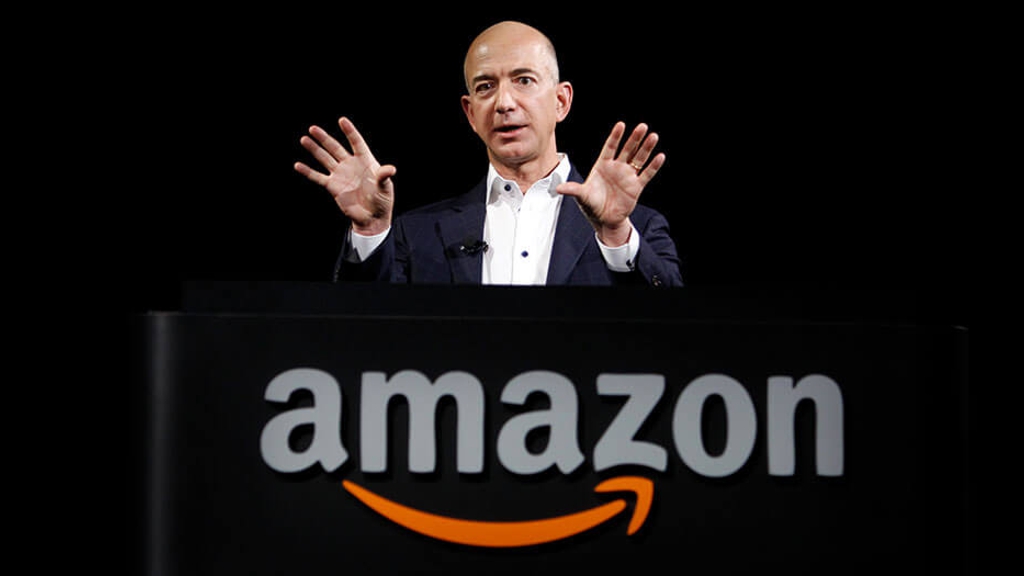The lawsuit alleges the company degrades the overall online retail economy through harsh anti-competitive tactics.
The U.S. government, along with 17 states, is suing e-commerce behemoth Amazon for maintaining an alleged monopoly which they claim has resulted in lower product quality and inflated prices.
The Federal Trade Commission (FTC), on behalf of the government, alleges that Amazon’s initiatives prevent rivals as well as sellers on its platform from lowering product prices, degrades overall quality for customers, overcharges sellers, suppresses competition, and prevents rival companies from fair competition.
By stifling competition, “Amazon ensures that no current or future rival can threaten its dominance,” said the FTC in a Sept. 26 press release. “Amazon’s far-reaching schemes impact hundreds of billions of dollars in retail sales every year, touch hundreds of thousands of products sold by businesses big and small and affect over a hundred million shoppers.”
With a focus on anti-competitive practices, John Newman, Deputy Director of the FTC’s Bureau of Competition, said, “Seldom in the history of U.S. antitrust law has one case had the potential to do so much good for so many people.”
Founded by Jeff Bezos, Amazon started online sales in 1995 through selling books. From there, it has expanded to selling almost everything and becoming the biggest e-commerce platform on the planet.
The 172-page complaint (pdf) alleges that the company has seized near-total control of the online retail economy and has exploited “its monopolies in ways that enrich Amazon but harm its customer.”
Amazon has hiked its fees so steeply that “it now reportedly takes close to half of every dollar from the typical seller that uses Amazon’s fulfillment service.”
According to the filing, sellers allege that “it has become more difficult over time to be profitable on Amazon” due to the company’s tactics. The partially-redacted complaint states one seller complaining that “we have nowhere else to go and Amazon knows it.”







